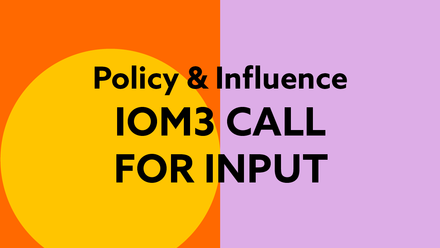Zero-waste economy needs ‘clear policy pathway’
In an open letter to the UK Government, SUEZ Recycling and Recovery UK, outlines its recommendations to meet environmental targets.

The utility company manages waste for more than 50 local authorities.
The waste service industry is an essential frontline service, delivering weekly collections and daily processing, as well as playing a crucial role in energy generation and materials recycling.
Suez notes that delays to key policy reforms 'as a result of government’s lack of clarity to date' have stalled progress in the sector.
SUEZ has three key asks:
- Provide clarity and simplicity in policy. For example, the implementation plan for Extended Producer Responsibility (EPR) requires urgent clarification.
- Effective funding and support so that existing and new infrastructure can be updated or deployed to manage volumes of waste and invest in innovative recycling methods. Confirmed funding support from government for waste management, including via EPR, will be key to ensuring quality local services can continue to be delivered consistently across the UK.
- Drive behaviour change through a national campaign and consistent communications to promote greater consumer and business understanding of the circular economy and improve consumer participation in local recycling schemes. Building understanding of better consumption and busting myths about the sector will be essential to boost behaviour change.
Dr Adam Read MBE FIMMM, Chief Sustainability and External Affairs Officer at SUEZ, authored the letter.
He says, ‘We are at critical juncture in the development of a more sustainable, resource-efficient economy. For too long, policymaking has been subject to competing demands and asks from different departments, and we urgently need a joined-up approach right across government.
'Our industry, alongside our local authority partners and customers, are keen to play our part supporting the development of policies, the delivery of communications campaigns, and the crowding-in of capital that will be crucial in transforming the UK’s management of waste towards a more sustainable and effective future.’






